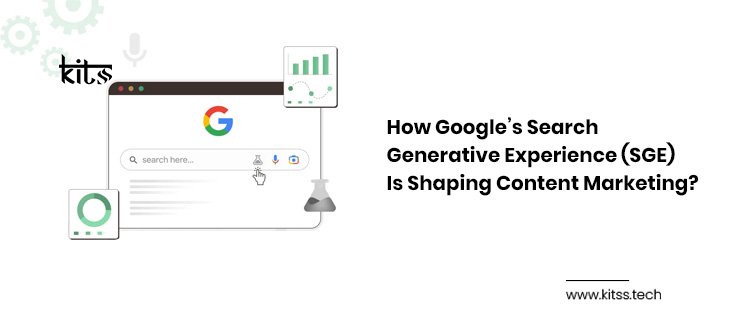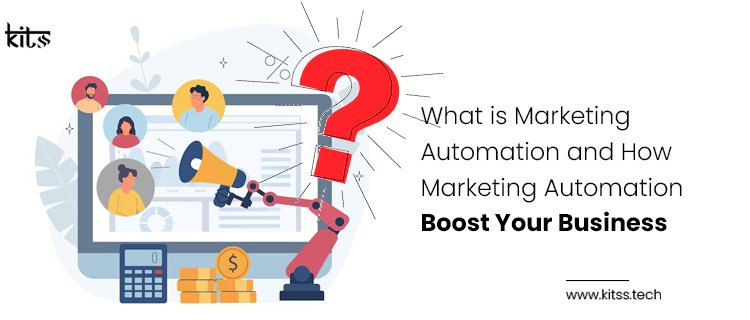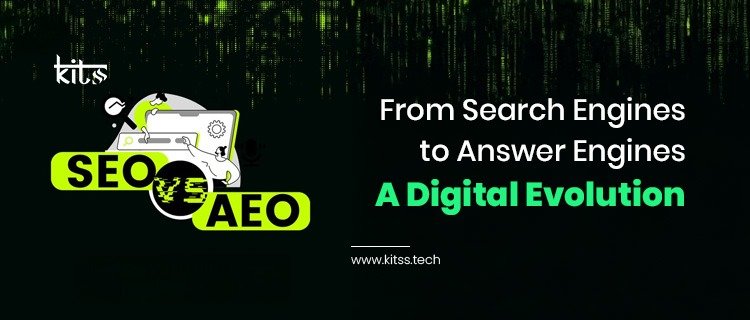
How Google’s Search Generative Experience (SGE) Is Shaping Content Marketing?
How Google’s Search Generative Experience (SGE) Is Shaping Content Marketing? SGE is an integrated AI-driven tool used for employing digital marketing services in the targeted



